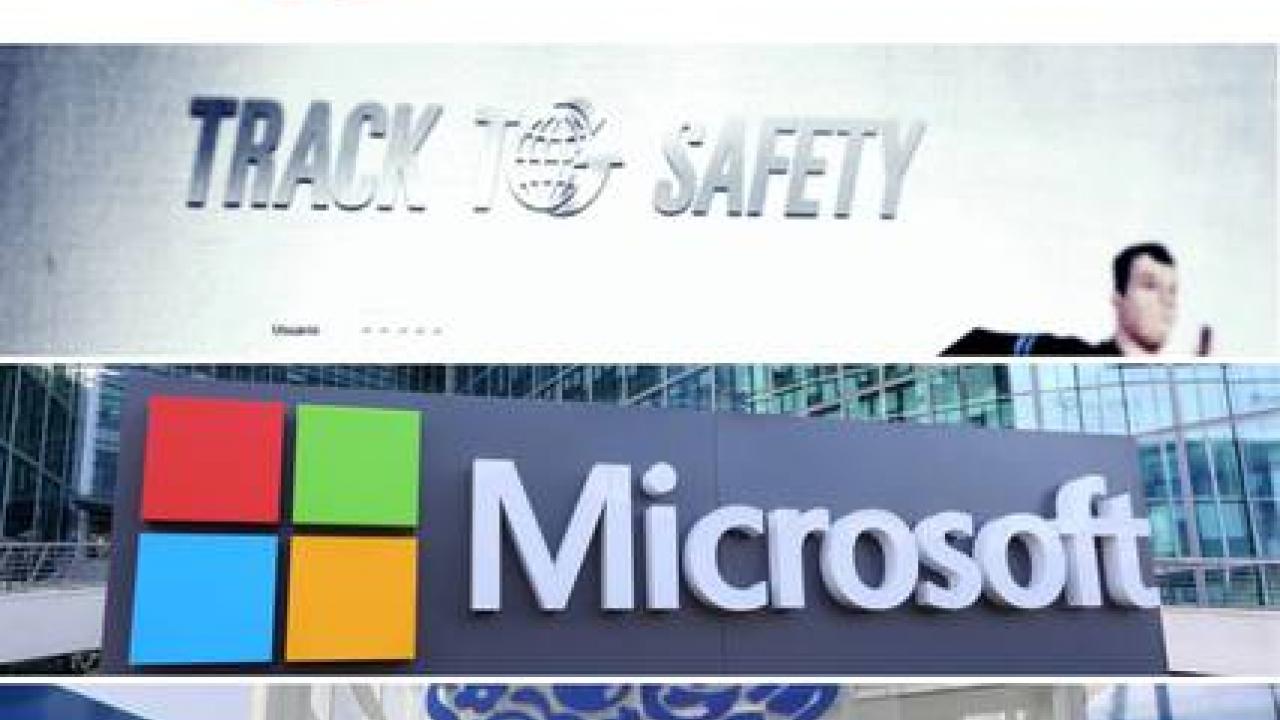Thursday, March 30, 2017
Gamification firmly positions itself in large companies
Three years ago, LANDER decided to commit itself to gamification as a complement to train driver training simulators. Since then, news has continued to roll in that large companies are incorporating this technology into their selection and training processes, among others.
A recent example of this is the Unilever company, which just introduced gamification and artificial intelligence into its processes of attracting talent in 2017. Unilever has embraced new technologies with a completely digital recruitment system, where the company will evaluate the attitude and competencies of multiple young professionals. How do they do it? By offering 12 online games, among others.
Another good example of gamification is the American company Pep Boys, a supplier to the automotive industry. They have a gamified programme where workers play a game related to accident prevention and the organisation of inventory. If they played well, they win prizes, if not, they receive a knowledge refresher.
In the area of transport, both rail as well as automotive, the companies looking to use gamification to improve the attitude of drivers while driving are also diverse. They are using these tools to foster good behaviour and key knowledge for safe driving.
Careless driving can cost companies thousands, or even millions each year. The Institute of Advanced Motorists in the UK recently reported that 86% of UK fleets have experienced an accident in the last year, and that at least one accident reported in each of these fleets has had to do with driver "failure".
It is clear that in the area of driver training, there are still steps left to take on the path towards excellence, and most likely that involves taking motivation into account as a key factor in any behaviour or learning process.
In recent years, many studies are bringing to light the benefits of gamification. For example, a study carried out by the University of Colorado in 2013 revealed that gamification in training offered significant results when compared to other traditional methods: 14% increase in abilities, 15% increase in knowledge, 9% increase in information retention.
Examples like Unilever, Pep Boys, Microsoft, or Deloitte serve as proof that gamification is not just a passing fad; they are investing in it because it works. This journey has just begun, and LANDER is pushing forward for the benefit of its clients.

